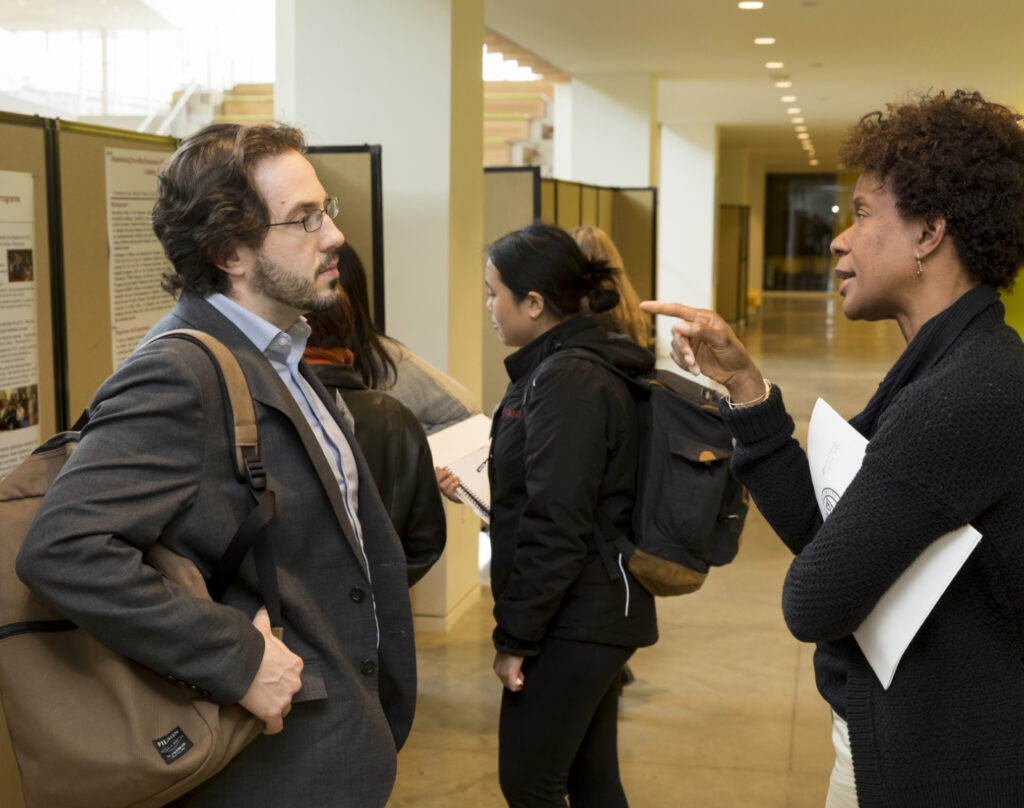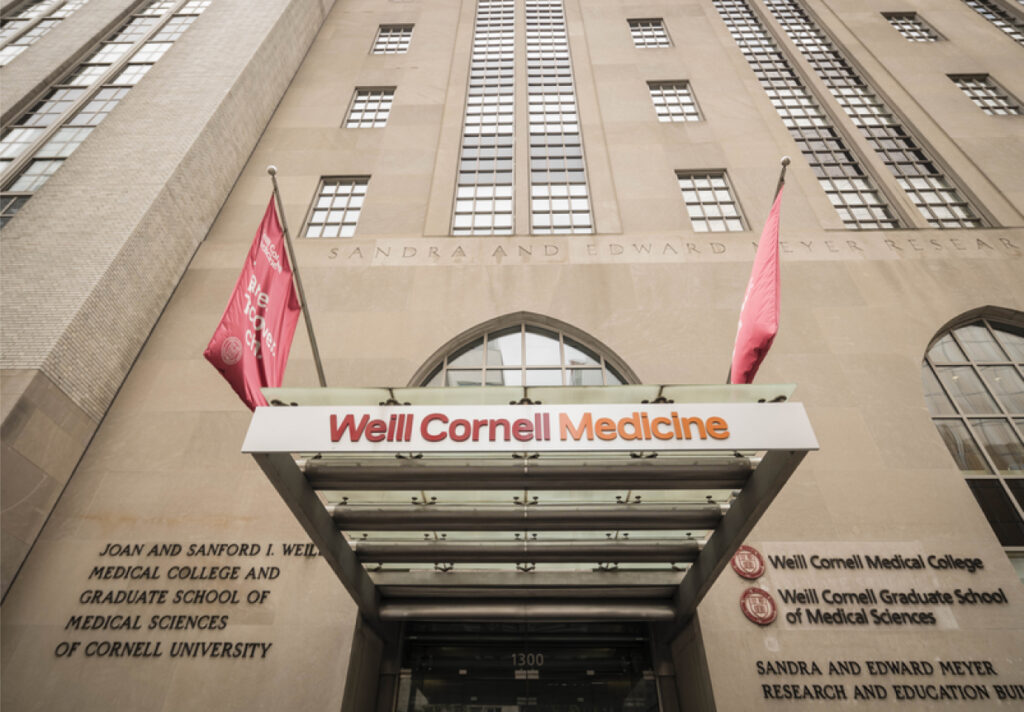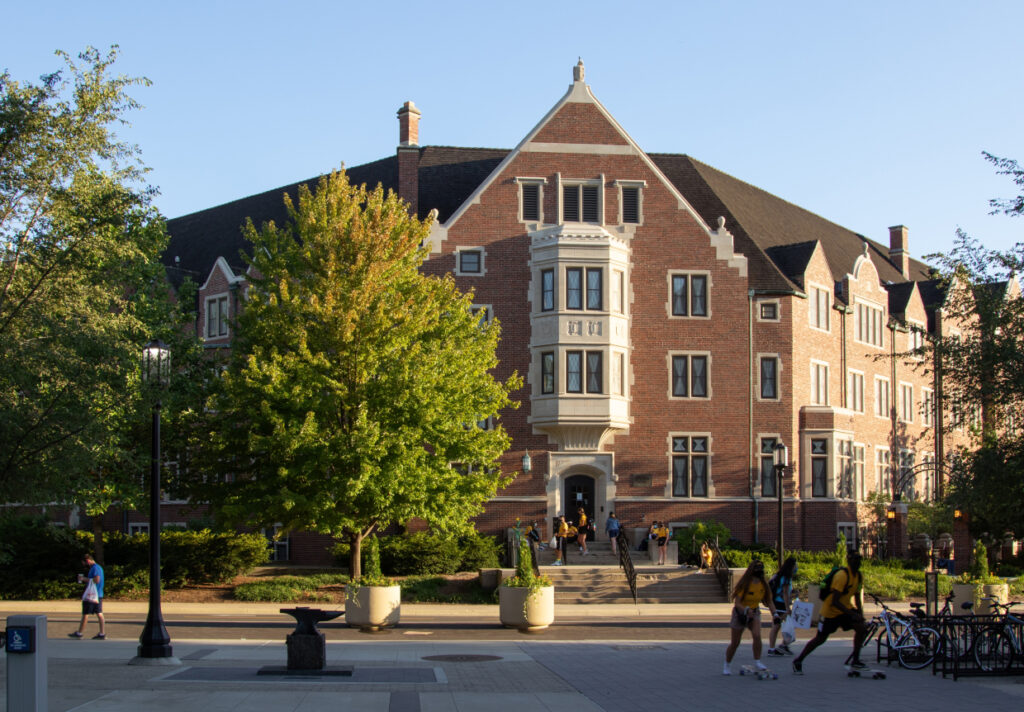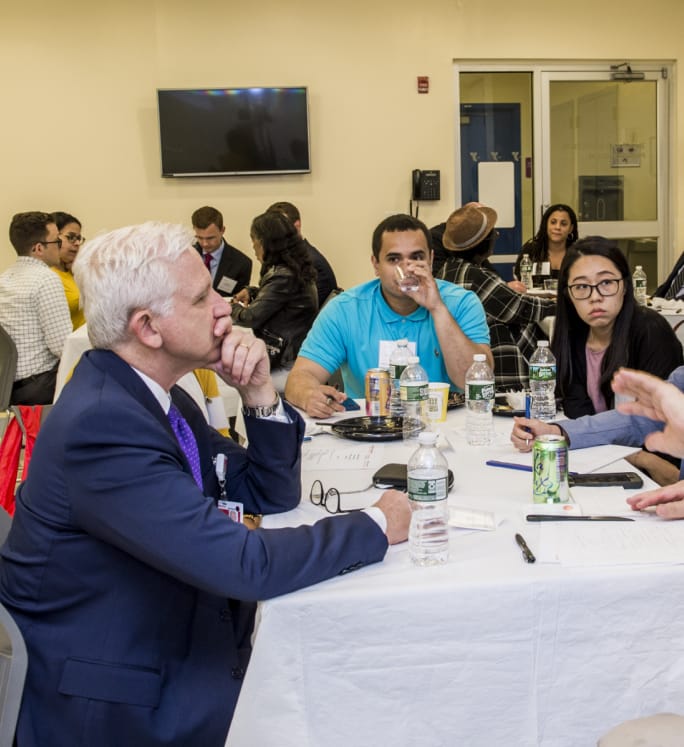Our Vision
To achieve health equity in local, national, and global communities through partnerships for cross-campus collaborative research, education, service, and advocacy.
OUR MISSION
The fivefold mission of the Cornell Center for Health Equity is to advance health equity by:
THE NEED
We are passionately committed to researching the root causes and impacts of health inequity
Despite substantial investment in research and strong public commitment, little progress has been made to improve health equity in the United States and help all people attain their full health potential. Significant racial and ethnic disparities in health and healthcare persist – including disadvantages in access to basic treatment – and impact a broad range of health issues, from differences in length and quality of life to rates and severity of disease and disability.
There is a pressing need for better research to understand the “why” underlying health equity disadvantages. How do social position and other socially determined factors contribute to persistent health inequities?
The Cornell Center for Health Equity responds directly to the growing need to better understand the root causes and the manifestations (symptoms) of persistent health inequity. With a robust research agenda and academic-community partnerships, the Center advances the science of health equity and shares knowledge that can contribute to the reduction of persistent health disadvantages at the local, regional, and national levels.

OUR PRIORITIES
The Cornell Center for Health Equity responds directly to community priorities by focusing on two themes:

Theme 1:
Factors impacting health disparities

Theme 2:
The needs, experiences, and perspectives of marginalized communities

The Center brings together research experts at Cornell’s New York City and Ithaca campuses to collaborate on achieving health equity. Collectively we:
- Engage members of the public across multiple stages of the research process, from conceptualization through dissemination and implementation.
- Accelerate Cornell’s commitment to serve as a positive force to achieve health equity with partnering communities in rural and urban settings.
- Build capacity for health equity research – especially among underrepresented scientists – and generates new evidence for a broad national audience.
Location
The Center pursues an integrated study of health inequities with teams based largely at two Cornell campuses:
1/2
Weill Cornell Medicine in New York City provides a diverse urban, multicultural perspective with a focus on the interplay of numerous health disparities. Co-director Monika Safford, MD, based in Manhattan, is a lifelong disparities researcher with an active NIH and PCORI-funded research program in cardiometabolic health disparities.
Weill Cornell Medicine
new york, ny

2/2
Cornell University is a world-class research institution known for the breadth and rigor of its curricula, and an academic culture dedicated to preparing students to be well-educated and well-rounded global citizens. Its faculty, staff and students believe in the critical importance of knowledge as a means of improving the human condition and solving the world’s problems. The Center is housed within and supported by Cornell Public Health and the Cornell Health Impacts Core, which is connected to the Department of Public and Ecosystem Health and the College of Veterinary Medicine. Together, these units aim to reduce health disparities and improve sustainability for our planet.
Cornell University
Ithaca, NY












